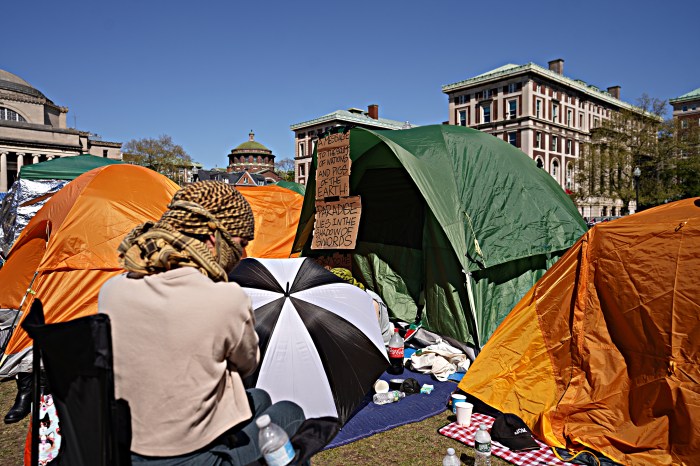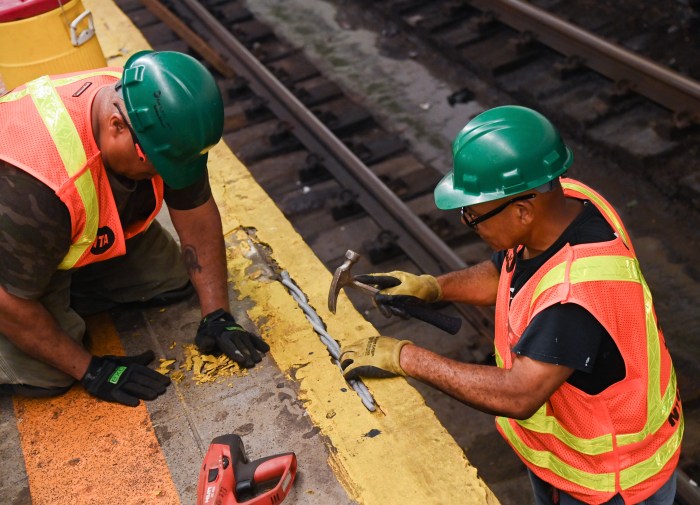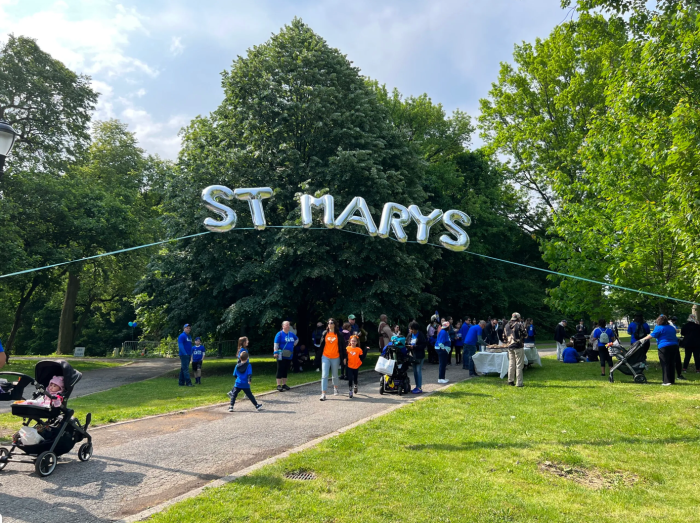The federal investigations into the New York Police Department and Mayor Bill de Blasio have been making headlines for months, with allegations of corruption and illegal fundraising.
On Monday, June 20, three NYPD commanders were arrested in connection with the corruption case, according to court documents. While neither de Blasio nor members of his mayoral staff have been charged with any crimes, the investigation has led to several accusations of questionable activities. Here’s a breakdown of some major happenings that have occurred since the investigations began and how they are connected.
The NYPD probe
In early April, NYPD Commissioner William Bratton transferred four top officers, placing two of them on modified duty, when it was discovered that a pair of Brooklyn businessmen were allegedly providing payments and gifts to officers in exchange for favors.
Jona Rechnitz, the founder of a real estate company, and Jeremy Reichberg, the owner of a venture capital firm, are accused of giving Super Bowl tickets, flights for vacations, cash and jewelry to NYPD officers in return for assistance in their businesses or communities.
Federal investigators interviewed nearly 20 NYPD officials, and at least 10 of them have been transferred or placed on modified duty.
The case expanded on Monday when three NYPD commanders were arrested in connection with the federal investigation, court documents show. Court papers identified the officials as Deputy Chief Michael Harrington and Deputy Insp. James Grant — both of whom were among those transferred in April — and former Sgt. David Villanueva.
Harrington and Grant are accused of accepting complimentary Super Bowl tickets, expensive meals and free overseas trips, including at least one taken in the company of a prostitute, the New York Times reported, quoting unidentified people familiar with the case.
Villanueva was charged in a scheme that involved aiding applicants for firearms licenses, the Times said.
NYPD chief of department
Philip Banks III was once the top-ranking uniformed officer in the NYPD, but he retired in 2014. As more information about Rechnitz and Reichberg came out, it was reported that Banks received up to $500,000 from Rechnitz while he was the chief of department. The money was reported on a financial disclosure form that Banks filed about a month after he quit the NYPD, turning down a promotion.
Banks and close friend Norman Seabrook, who is chief of the city’s correction officers union, allegedly went on trips to Israel with Rechnitz and Reichberg that were partially paid for by the two businessmen.
Seabrook was arrested in early June for allegedly accepting a $60,000 cash kickback from a hedge fund that was placed into a luxury Ferragamo bag. According to a complaint filed in federal court in Manhattan, Seabrook took the money in return for steering $20 million in union pension money and general funds to the hedge fund Platinum Partners.
Harlem restaurateur
Hamlet Peralta, former owner of the Hudson River Cafe, was arrested in late April on charges of running a $12 million Ponzi scheme. He is accused of luring investors into his phony wholesale liquor business and using the money on himself or paying back others. Victims of the scheme allegedly include Rechnitz and a member of the NYPD. Senior police officials are also accused of referring investors to the scam.
Gun permits
The investigation revealed that Alex Lichtenstein, a Borough Park safety patrol officer, may have bribed some officers for gun permits. In early May, about two dozen gun permits were suspended and nearly 150 applications were set to be reviewed. Lichtenstein had previously been arrested in April for bribery when an undercover officer taped him allegedly offering the officer $6,000 for every gun license.
NYPD officer suicide
Insp. Michael Ameri reportedly committed suicide in mid-May after he was interviewed as part of the federal investigation. He was found dead in his vehicle on Long Island with what appeared to be a self-inflicted gunshot wound, police said.
Mayor’s fundraising
The investigation led to a separate probe into de Blasio’s fundraising efforts. Both the businessmen have been de Blasio supporters and have made contributions to his campaign. Rechnitz raised about $45,000 for de Blasio’s campaign in 2013, and he and his wife each contributed $4,950, the maximum individial donation allowed. Reichberg hosted a fundraiser in 2014 for the Campaign for One New York, de Blasio’s nonprofit group. The two were also both on de Blasio’s inaugural committee.
The investigation is looking into Campaign for One New York, which was shut down in March. The nonprofit was created to raise money for the mayor’s political agenda.
The investigation has also focused on de Blasio’s failed attempt to help Democrats take control of the State Senate in the 2014 campaigns. Grand jury subpoenas were issued to receive information about money raised for the Democratic candidates in races that de Blasio had hoped to influence.
De Blasio has said that everything his campaign did was legal and that he is fully committed to cooperating in the investigation.

















